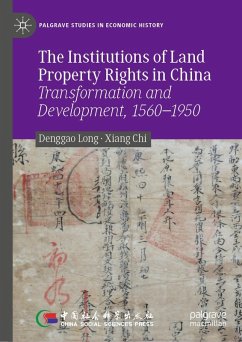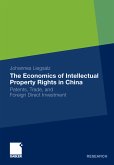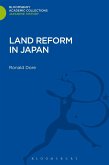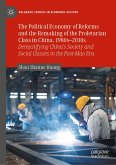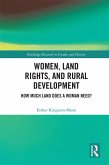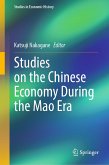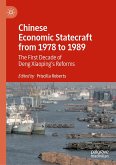The book traces the evolving nature of Chinese land property rights over time, discussing changing influences and contexts. It discusses the traditional role of small individual family farms and how these differed from the manor economy of early modern Europe, leading to a substantial middle class of peasant farmers with relative economic and social stability, as well as how this has uniquely shaped Chinese economic development in the long run. Chapters explore the different ways that private, corporate and state/publicly owned land co-existed in China during this period, with an in-depth examination of the impact of dian (conditional sale)and huomai (revocable sale) customs on the protection of smallholders in the face of advancing agricultural, technological and political reforms. The book also discusses the diversity of types of land transactions including sales, rent deposits, tenancies, and mortgages and how these changed in different dynasties, as well as the economic and political implications of the globalizing 20th-century and growth of the free market for Chinese property. Combining a long run perspective with highly detailed analysis of Chinese property customs, this book will be a valuable resource for economic historians, researchers of agricultural history, and those interested in the history of China.
Dieser Download kann aus rechtlichen Gründen nur mit Rechnungsadresse in A, B, BG, CY, CZ, D, DK, EW, E, FIN, F, GR, HR, H, IRL, I, LT, L, LR, M, NL, PL, P, R, S, SLO, SK ausgeliefert werden.

